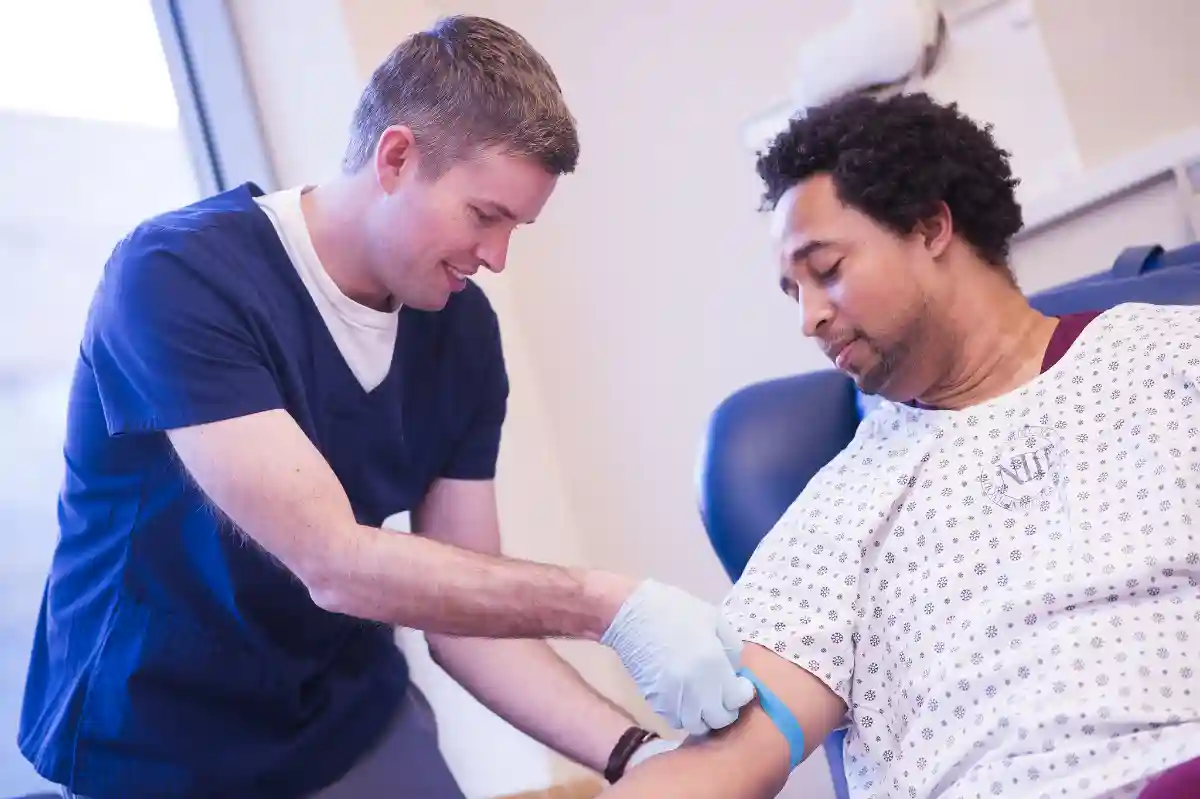Celiac.com 10/23/2023 - A recent study conducted by a team of US investigators is shedding light on the use of European thresholds for diagnosing celiac disease in North America. This study seeks to determine how often biopsies are performed on children who are considered at high risk for celiac disease based on common diagnostic tests, yet meet the criteria for non-biopsy diagnoses according to European standards.
Dr. Denis Chang, the study's lead author, discussed the trial's design and its implications for celiac disease diagnostics in North America during an interview with HCPLive at the North American Society for Pediatric Gastroenterology, Hepatology, and Nutrition (NASPGHAN) 2023 Annual Meeting in San Diego.
Celiac.com Sponsor (A12):
Celiac disease is an autoimmune disorder that affects the small intestine and is triggered by the consumption of gluten, a protein found in wheat, rye, and barley. The gold standard for diagnosing celiac disease is through an endoscopy, which involves taking biopsies to confirm the damage caused by gluten. However, serology, or blood testing, has become a game-changer in the diagnostic process. It helps identify individuals who require an endoscopy based on a positive blood test, typically the tissue transglutaminase (tTG-IgA) test.
While tTG-IgA is a reliable biomarker, it is not infallible and can yield false positives or negatives. In 2012, European colleagues established guidelines that allow for a celiac disease diagnosis in some cases where a highly positive tTG-IgA result is combined with another positive blood marker, EMA IgA. These guidelines initially included genetic risk and symptoms but no longer do.
In contrast, North American guidelines have not incorporated these standards, partially due to the wide array of diagnostic assays used to identify celiac disease, each with its own methodology.
Dr. Chang also emphasizes the concern of potentially overlooking other diagnoses by not conducting an endoscopy, such as eosinophilic esophagitis, which is commonly seen in celiac patients.
In an ideal world, a standardized and widely accepted diagnostic assay strategy would simplify the diagnostic process and potentially pave the way for developing new clinical therapies for celiac disease. Currently, there are no FDA-approved drugs for treating celiac disease, and the most promising agents in development are primarily intended for adult patients.
Dr. Chang explained that an alternative diagnosis method could help expand the pool of individuals, both providers and patients, who can collaborate to advance celiac disease research and treatment options. Additionally, it could offer clarity for patients who have received a presumed celiac disease diagnosis based solely on high blood markers, without undergoing a biopsy.
This investigation into the use of European diagnostic thresholds in North America is a significant step toward streamlining the diagnosis of celiac disease.
See more at the Conference|North American Society For Pediatric Gastroenterology, Hepatology & Nutrition











Recommended Comments
Create an account or sign in to comment
You need to be a member in order to leave a comment
Create an account
Sign up for a new account in our community. It's easy!
Register a new accountSign in
Already have an account? Sign in here.
Sign In Now